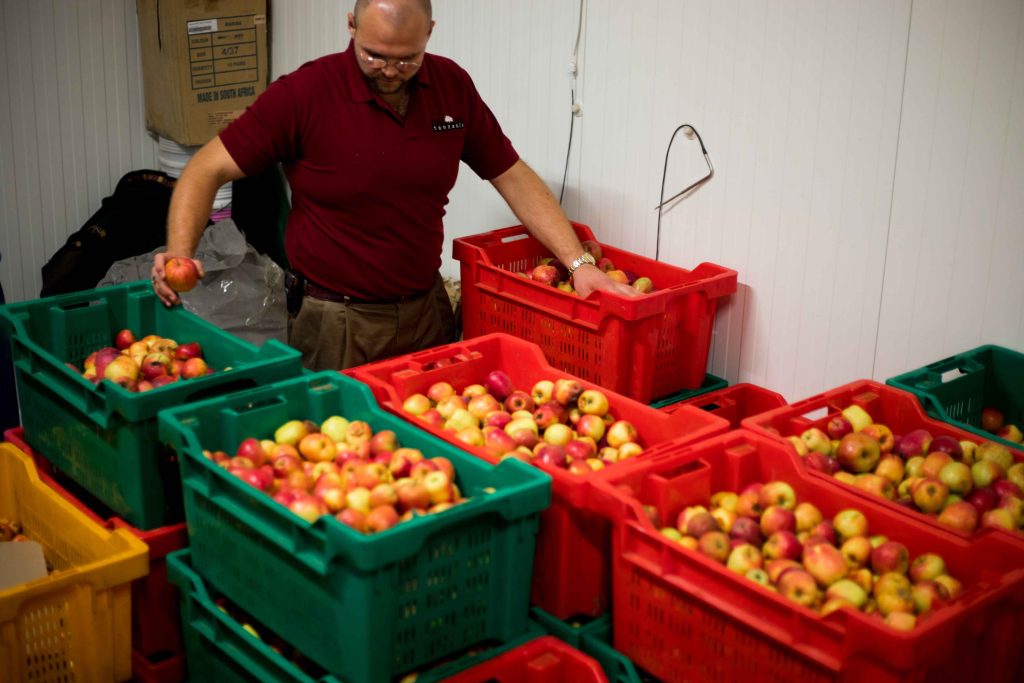Why would any young person choose to go into farming with all its complications when they can rent a bajaji or pikipiki and start making money tomorrow?
The reality is that farming is an incredibly challenging business.
To provide some context: I made my first investment in agriculture a few years ago, and it has been a tough journey.
I bought into an agricultural project that had failed, and my goal was to renovate it and make it work. It has been anything but easy.
Today, Tamu tamu Tanzania Ltd., a company I co-own, sells high-quality apple trees, purchases apples from farmers, and processes them into value-added food products such as juices, wines, and snacks.
On the surface, it sounds rewarding—producing food, working closely with farmers, and making healthy products more affordable and accessible in Tanzania.
However, there is a major reality check: farming is not for the faint of heart.
I often say you need to be mad to invest in farming. It requires significant capital, practical experience, and 365 days of hard work.
Forget about taking fancy trips and extended holidays—your farm demands your attention year-round.
Advice for Young Agri-Entrepreneurs
Reflecting on my experiences, I often share the following advice with young people aspiring to enter agriculture:
- Avoid producing commodities—go for a niche. Producing maize may seem simple, but that’s exactly the problem: everyone produces it. In this scenario, you become a price taker, not a price maker. Instead, focus on niche products and develop a recognizable brand.
- Don’t be a WhatsApp farmer. Successful farming requires being on the ground. If you are not actively involved, failure is almost inevitable.
- Don’t expect to make money quickly. Farming is a long-term game. It comes with costly lessons along the way, and success requires patience and persistence.
- Treat farming like any other business. Start with a clear strategy and a well-researched business case.Before planting anything, think carefully about your sales channels and market demand.
- Diversify. Invest in both short-term crops to generate cash flow and long-term ventures to secure sustainable returns.
What Is the Way Forward?
To be honest, there is no golden answer. What I can share is this: despite the challenges, there is profound pride in producing food and elevating farmers’ livelihoods through business. The apple trees we sell provide farmers with high per-acre returns, and because these trees can live for over 50 years, they represent a lasting investment for future generations.
That said, agriculture demands two key elements: money and experience. Unfortunately, most young people lack both. They often do not have land, nor do they have access to bank loans. Even as an investor, I would hesitate to invest in a
young person who lacks experience and financial securities.
However, I see one scenario where investment in youth becomes viable: when a young person has proven themselves through hands-on work and demonstrated commitment.
This is why companies must provide more internship opportunities for young people—to develop the next generation of agricultural leaders, transfer knowledge, and identify future managers.
A Message to the Youth
To all young aspiring agri-entrepreneurs: Hustle until you make it. Agriculture is not easy, but it can be deeply rewarding for those willing to embrace the challenge.
Learn More about Ukijani Project Inspires a New Generation of Organic Farming Innovators in Tanzania


I have land but no capital, no market no knowledge on agricultural values addition no knowledge of commercializing it and unfortunately no climatic change strategies that seem to work